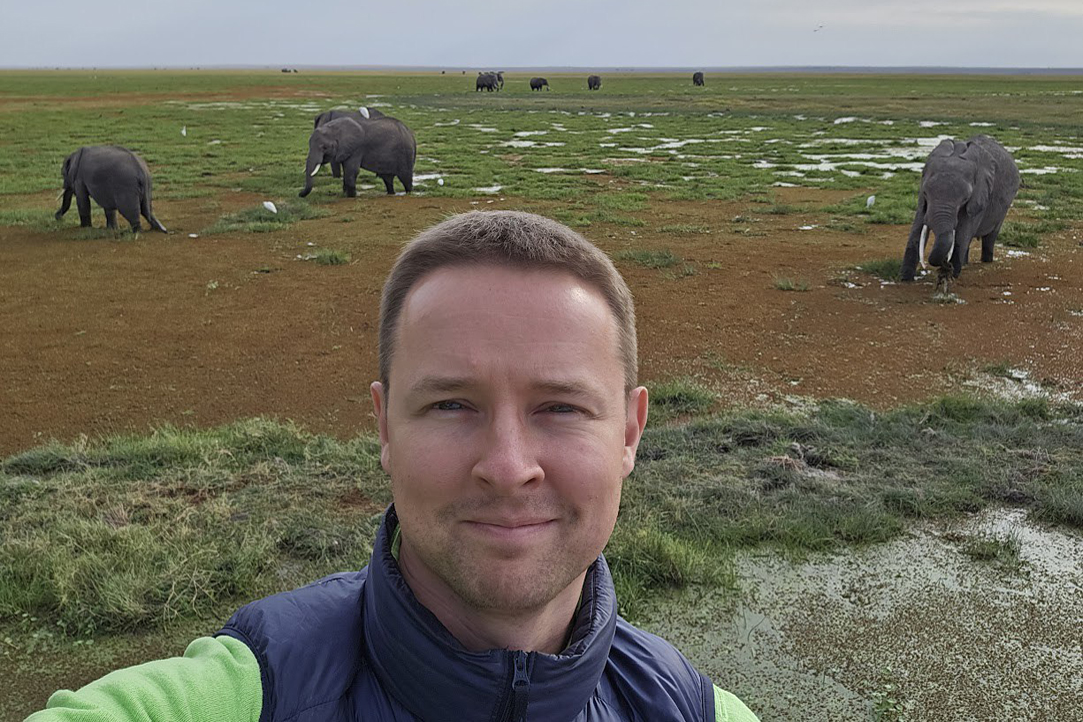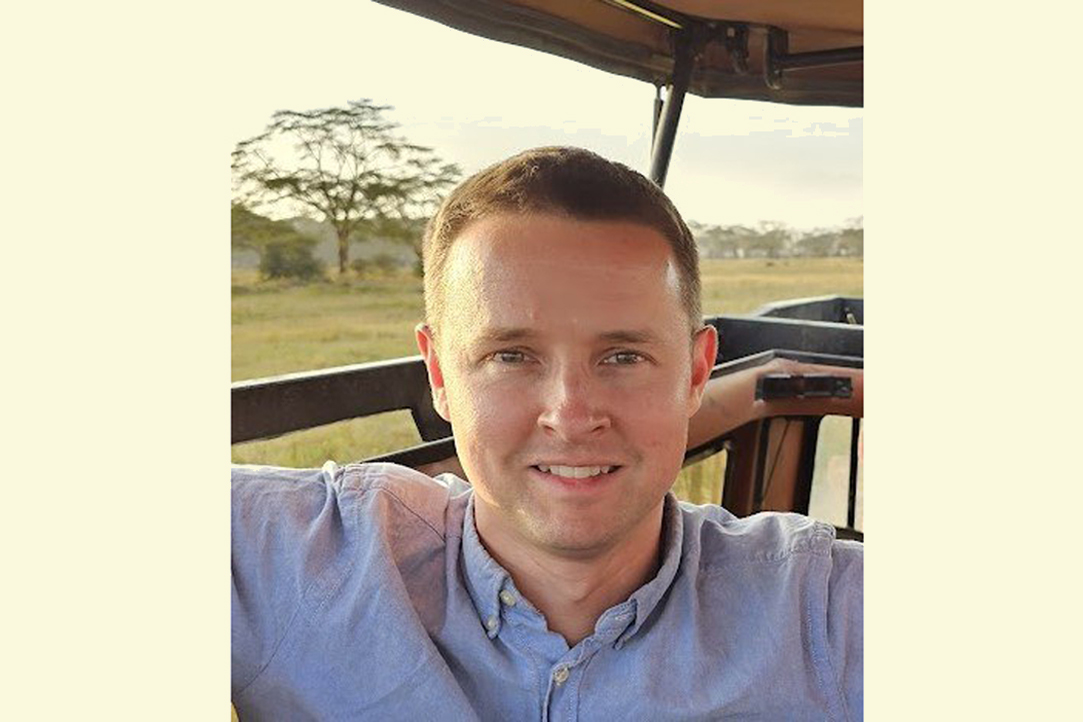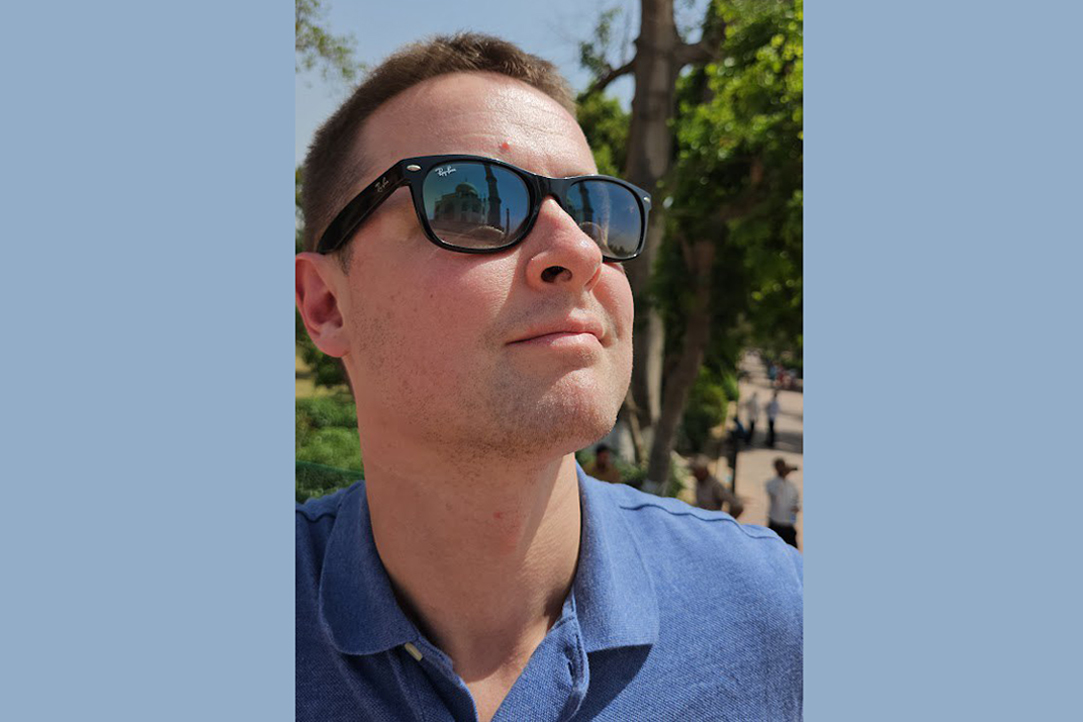“ICEF Taught Me to Be Persistent and Think Outside the Box”

Anton, let’s start from the beginning. Why ICEF? What prompted this choice?
My desire to learn economics and do it at the most advanced economics school. Back then the Russian schools were new to double-degree programmes, which made ICEF a unique place to get excellent grounding for further study and career success in any country.
Was is difficult to get into ICEF?
The admission system was different in 2002. The Unified State Exam was yet to be introduced. There were prep courses at HSE with several classes a week, which were an excellent opportunity for those with the right mindset to prepare for academic contests and score high enough in the entrance tests.
What do you remember best from your student years?
My teachers, if you mean study. They were top professionals and passionate enthusiasts. We students did work hard, but our studies were never boring. Alongside thorough academic training, we acquired many useful hands-on skills to use as professionals in real-life business situations.
As to personal time, it was full of excitement. We would travel together and just enjoy the careless time we still like to recall when we get together. We would find time to visit one another’s homes or summer houses despite intensive studies, and we travelled together around Russia and abroad on holidays.
What is the most important thing you gained from ICEF?
Solid grounding in diverse aspects of finance, economics, statistics, corporate finance and banking. ICEF taught me to be persistent and think out of the box. The learning pace is fast here, and the only way to cope is by staying organized, hardworking and result-oriented. But with all that, ICEF has a friendly, accommodating atmosphere with enough room for human contact and friendly ties.

Your current job is with India’s conglomerate Essar. What skills from ICEF have been most useful in your job?
I joined Essar only recently and had worked for many years in international investment banking. I manage business development in Essar. Many of my duties here involve:
- communication skills; and
- identifying investment opportunities and how to give them a go as projects or deals.
As for the skills I learned in ICEF and still rely heavily on in my job, these are:
- self-discipline;
- planning;
- analytical thinking and viewing problems from multiple perspectives;
- ability to word ideas clearly and concisely in Russian and English;
and, of course, the ability to apply the knowledge I acquired in ICEF in my current workplace.
Are you the only ICEF graduate in your company? Can you say that ICEF graduates stand out from the competition because they come from ICEF?
I tend to view ICEF graduates as preferred candidates. Many of those I interviewed came across as properly motivated, knowledgeable experts willing to contribute to the workplace.
What advice would you give to your student self?
Try experiences and activities other than study. Worry less about your exam grades. Try and get to know people around you, make friends, join initiatives. I think there are now more opportunities in ICEF and HSE to practice public speaking and teamwork than in my time. Make sure you don’t miss them.
Anton, do you keep in touch with people from your class? Are any of them your current partners?
It’s always with great pleasure that I meet them and sometimes people from earlier classes. Most of the people from my class work in the domestic finance sector, in private or public companies, and we do come up with worthy project ideas that I wish we had more time to talk about.
Are there any books, other than economics and finance, you can recommend students to read?
Theodore Dreiser’s books. His Trilogy of Desire – The Financier, The Titan and The Stoic – and others. They are easy to read and give a lot of food for thought about the challenges and opportunities awaiting people in adult life.
One of my recent reads as part of exploring the Indian history and culture is Booker Prize winning Midnight’s Children by Salman Rushdie. Now that Russia is “turning east” and increases contact with India, it might be expedient to learn more about the life in the country which is about to join the ranks of leading economic powers, and Salman Rushdie’s books offer just the right experience.
What is your idea of a good break from work?
Travel. It is a great passion of my life. I have been to many parts of Russia, solo and with family, and to as many as 65 countries. Travelling makes me feel like my best self and is a great opportunity to experience cultures. One destination that impressed me most is Latin America. A combination of local traditions, European heritage and natural wealth as impressive as here cannot be found elsewhere.
